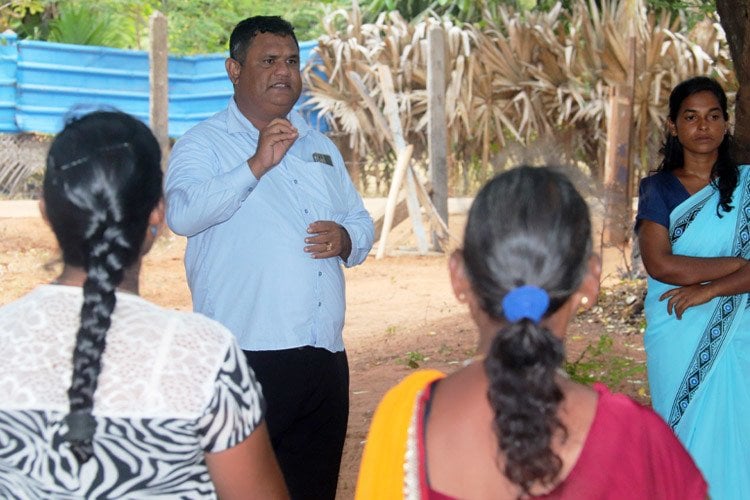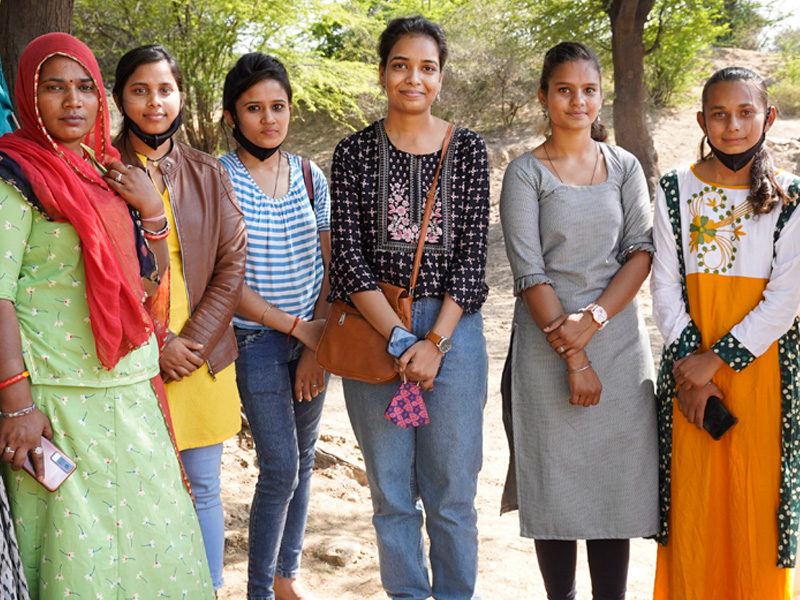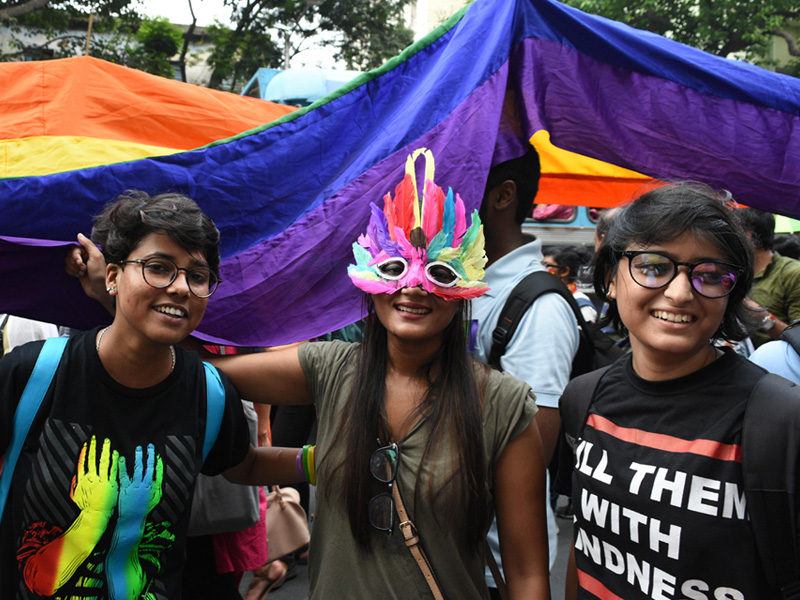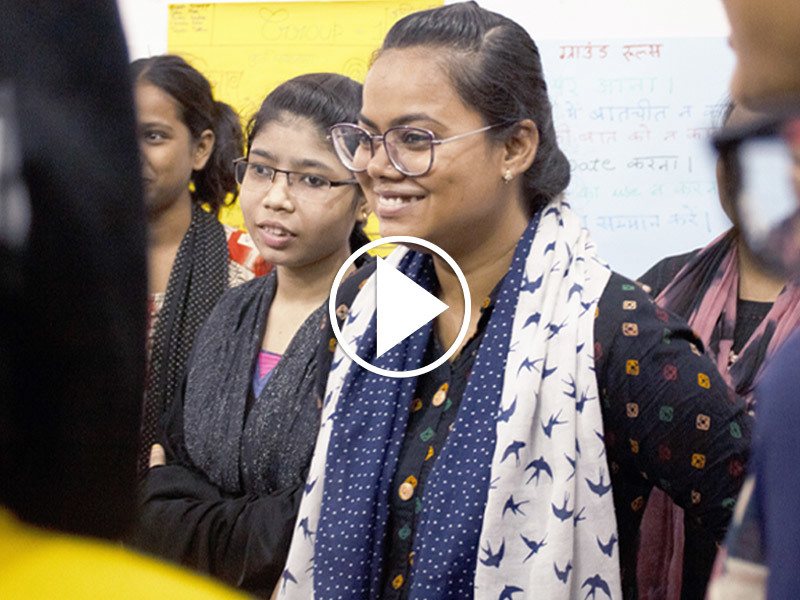The Sri Lankan economic crisis that began in 2019 was so severe that, at one point according to the World Food Programme, over 30% of Sri Lankans were not getting enough to eat. Inflation soared. Sri Lankans faced a shortage of life-saving medical supplies. People waited in long lines for hours to purchase gasoline. The government imposed daily power cuts and schools were forced to postpone examinations due to a paper shortage.
The near failure of Sri Lanka’s economy was caused by political corruption, authoritarian policies and the collapse of the tourism industry, due to the COVID-19 pandemic and terror attacks. Then, in a well-intended but misguided move, the Sri Lankan government mandated a shift to 100% organic agriculture, banning chemical fertilizers and giving farmers very little time to switch to organic alternatives. Farmers did not have the support and training to make the near-overnight transition.
Few communities endured more hardship more during this crisis than people in the northern and eastern regions of the country, many of them members of the Tamil ethnic minority. Well before the economic crisis, the Tamil people suffered decades of grinding and, at times, deadly discrimination. A civil war that lasted 25 years, claimed an estimated 100,000 lives and involved crimes against humanity has been called a genocide against the Tamil people.
Support for today, tomorrow and years to come
Fortunately, Tamil people have been banding together to support their broader community through this and other crises.
One organization, Mannar Social and Economic Development Organization (MSEDO), has been working to protect the human rights of fishers, farmers, Tamil people, and any community in need for over a decade. AJWS is proud to have supported their work since the organization was founded. Yardson Figirado, a Team Leader at MSEDO, shared that the organization works “from the ground up…members of the community lead and create policies and strategies that are best for their people.”
When Sri Lanka’s economic troubles ballooned into a full-scale crisis, MSEDO mobilized immediately to ensure that the people in their region received the aid that they needed and that their human rights were respected. Already members of a persecuted minority, women-led households, war survivors and those living in poverty were especially vulnerable to being overlooked by Sri Lankan and foreign governments as they distributed aid.
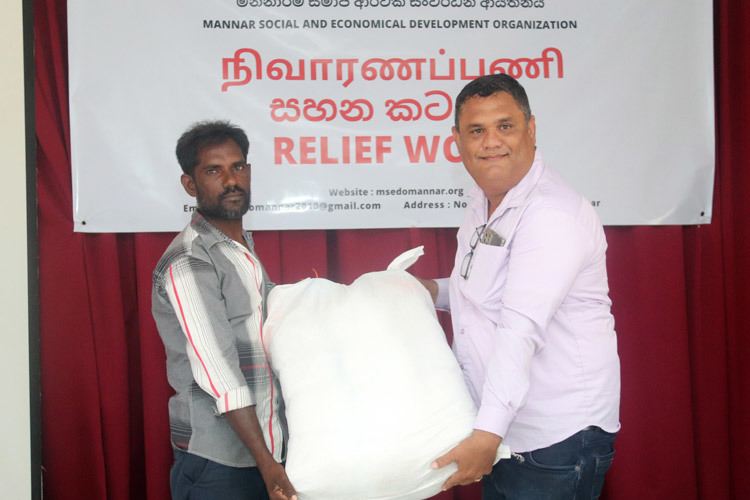
MSEDO banded together with 15 other organizations—all of which are also supported by AJWS—with various areas of expertise to ensure that the most vulnerable in the community were able to receive the food, hygiene supplies, farming, fishing and other sorts of livelihood support they needed to make it through the crisis and beyond.
Immediate food aid would not be enough; MSEDO and other grassroots groups knew that the organic agriculture mandate and long-term economic effects would require big changes to farming practices and livelihoods in their communities. MSEDO and other grassroots organizations organized trainings on sustainable farming practices to help ease the transition from chemical to organic fertilizers and raise farmers’ yields.
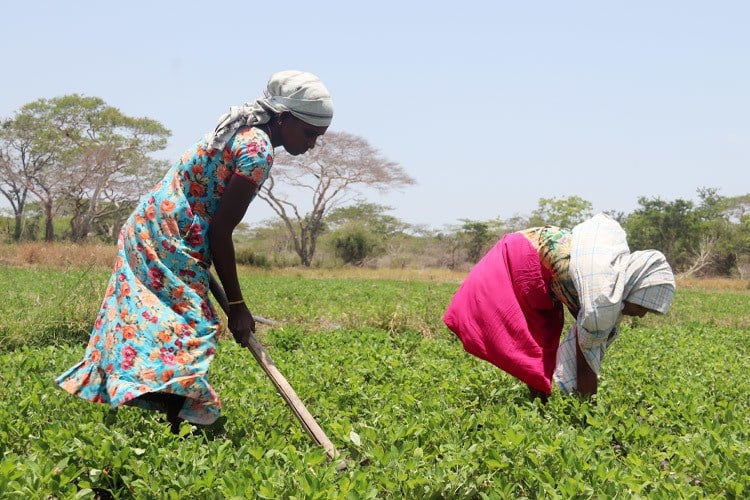
One of these farmers, 44-year-old Renuka Thevi, received support from MSEDO to plant multiple crops, such as rice, nuts and mung beans. Renuka has four children to support, and her husband is being treated for kidney disease. Eating and selling these crops allows Renuka to support her family and pay for her husband’s medical treatments.
Sea cucumbers, a delicacy in parts of Asia, are in high demand. Many women in coastal areas who know how to harvest sea cucumbers in an environmentally friendly way were supported by MSEDO with licenses to harvest them for sale and safety kits for being out in the water. The women engaged in this profession now make money each month, which makes a difference to them and their families.
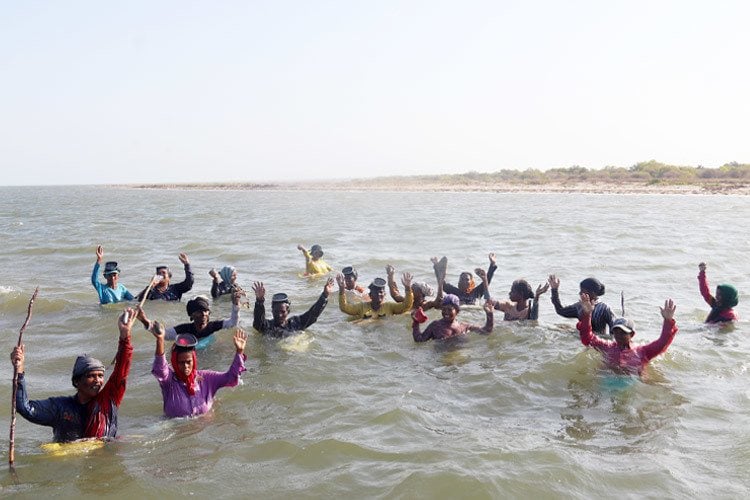
With huge demand for seafood and some problems with ocean pollution, freshwater fish became another safe and sustainable option for consuming and selling. MSEDO supported freshwater fishers, over a third of whom are women, with equipment and fish hatchery support to help them feed and support their communities.
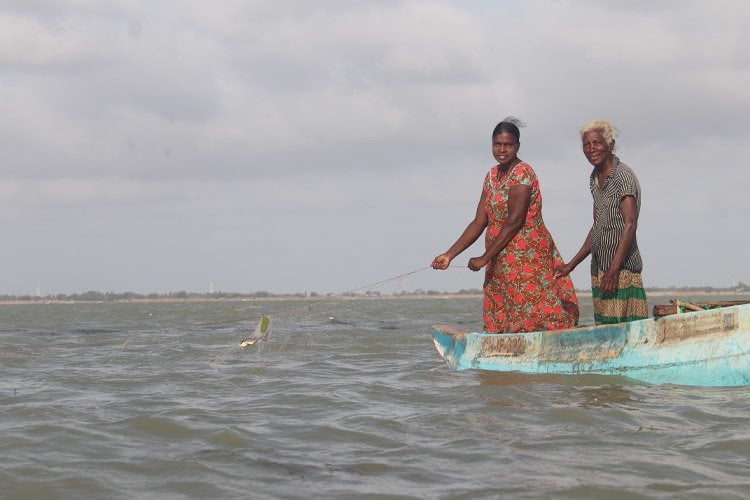
In addition to agriculture and fishing, MSEDO runs livelihood trainings and provides support for women to enter the workforce and even start their own businesses. Groups of women have been supported to mill and package rice flour and spices to sell.
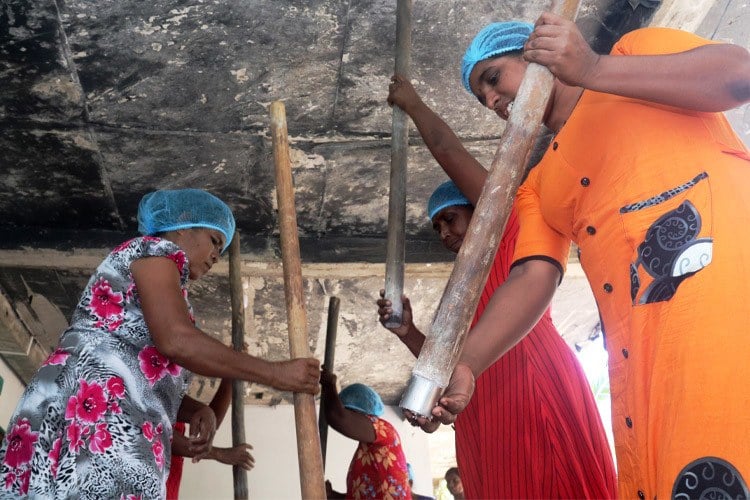
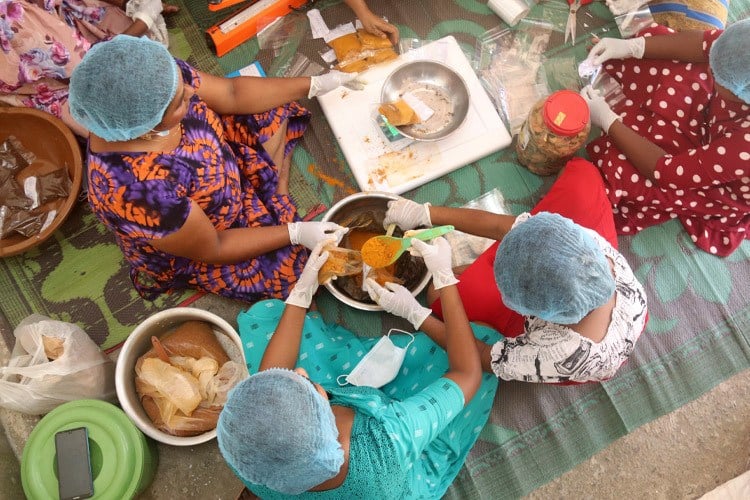
The team at MSEDO is dedicated and connected to the community they serve, in times of crisis and defending their rights over the long run. From introducing a dozen new ways to support their families to advocating for this persecuted minority’s land rights, MSEDO is with the people at every turn.
“I came from this same community and was a war victim,” shares Yardson. “Losing my uncle in the war made me want to help people suffering in this community. This is my heart’s work.”
